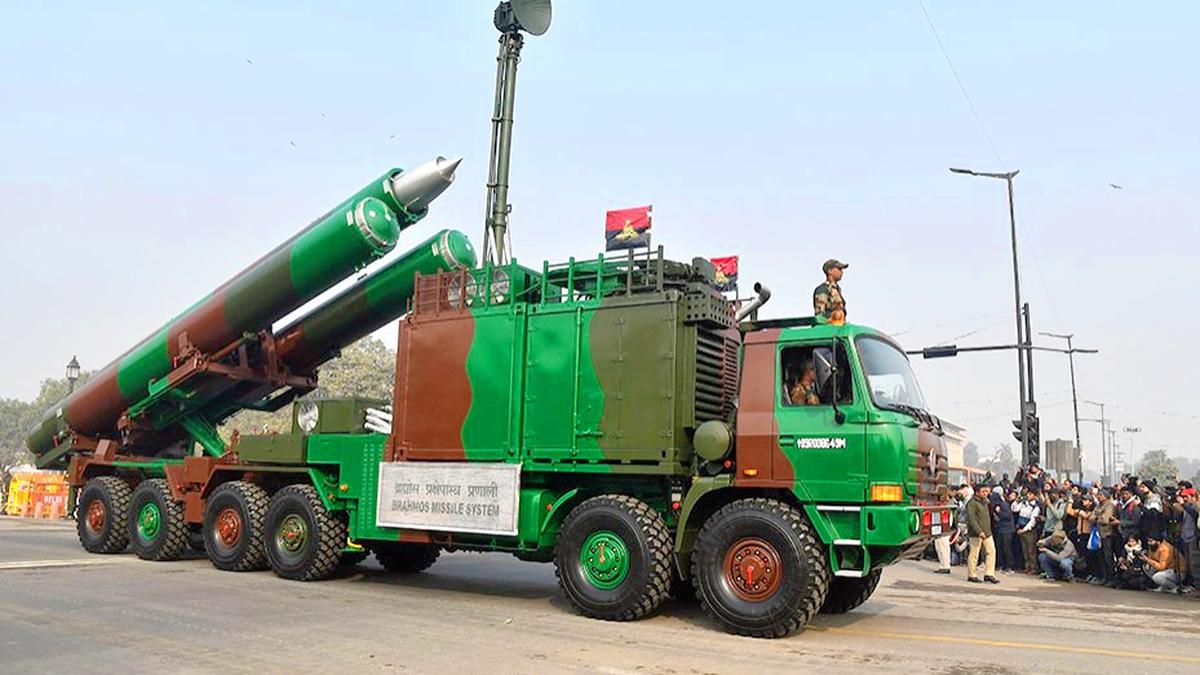
In a strategic move signaling a major shift towards self-sufficiency, India's Ministry of Defence (MoD) announced on March 1st the signing of five substantial capital acquisition contracts.
The contracts, totaling ₹39,125.39 crore, represent a significant investment in enhancing India's indigenous defence capabilities, reducing dependence on foreign suppliers, and bolstering national security.
Key Contracts and Their Impact
The contracts encompass a diverse range of critical defence systems, including:- Aero-engines for MiG-29 Aircraft: Hindustan Aeronautics Limited (HAL) will manufacture RD-33 aero-engines under a Technology Transfer Agreement with Russia. This ₹5,249.72 crore contract will ensure sustained operational capability of India's MiG-29 fleet and increase the indigenous content of future repair and overhaul projects.
- Close-in Weapon Systems (CIWS) and High-Power Radars (HPR): Two contracts with Larsen & Toubro (L&T) will provide advanced CIWS for point defence and HPRs with enhanced surveillance capabilities. These acquisitions will modernize the Indian Air Force's (IAF) air defence systems. Notably, the HPR marks a milestone as the first of its kind to be built by India's private sector.
- BrahMos Supersonic Cruise Missiles: Two contracts with BrahMos Aerospace Private Limited (BAPL) will procure both land-based and ship-borne variants of the BrahMos system. These supersonic missiles, a joint venture between India and Russia, significantly enhance the Indian Navy's maritime strike capabilities and contribute to India's overall defence posture.
